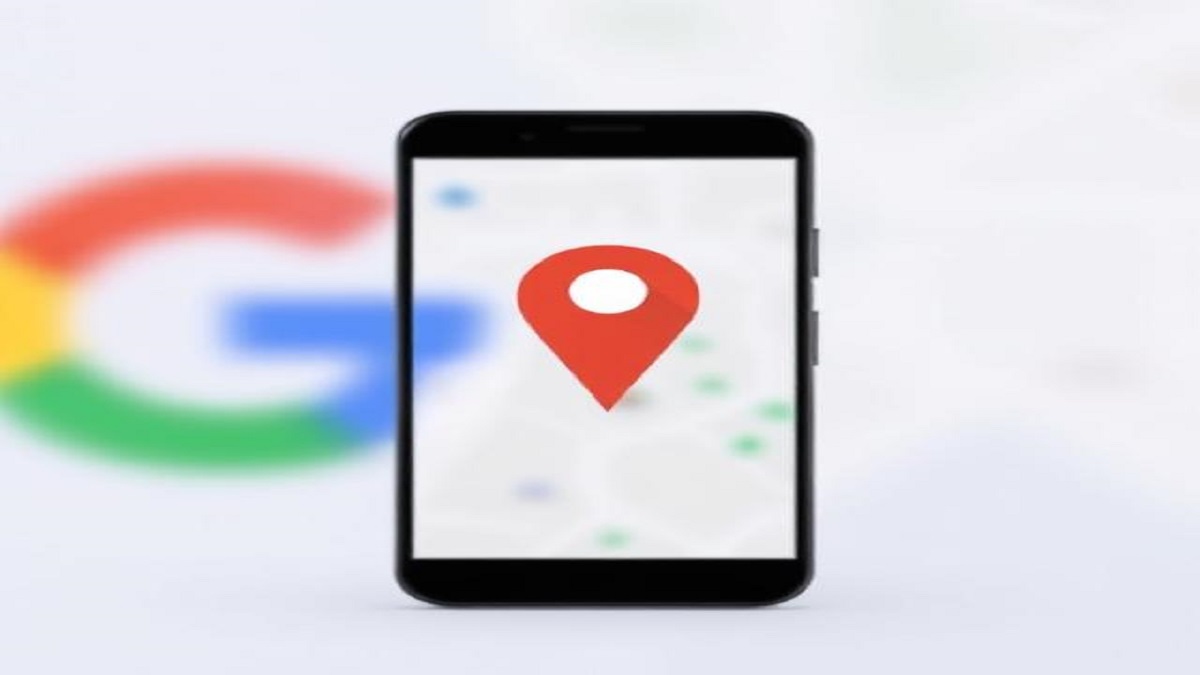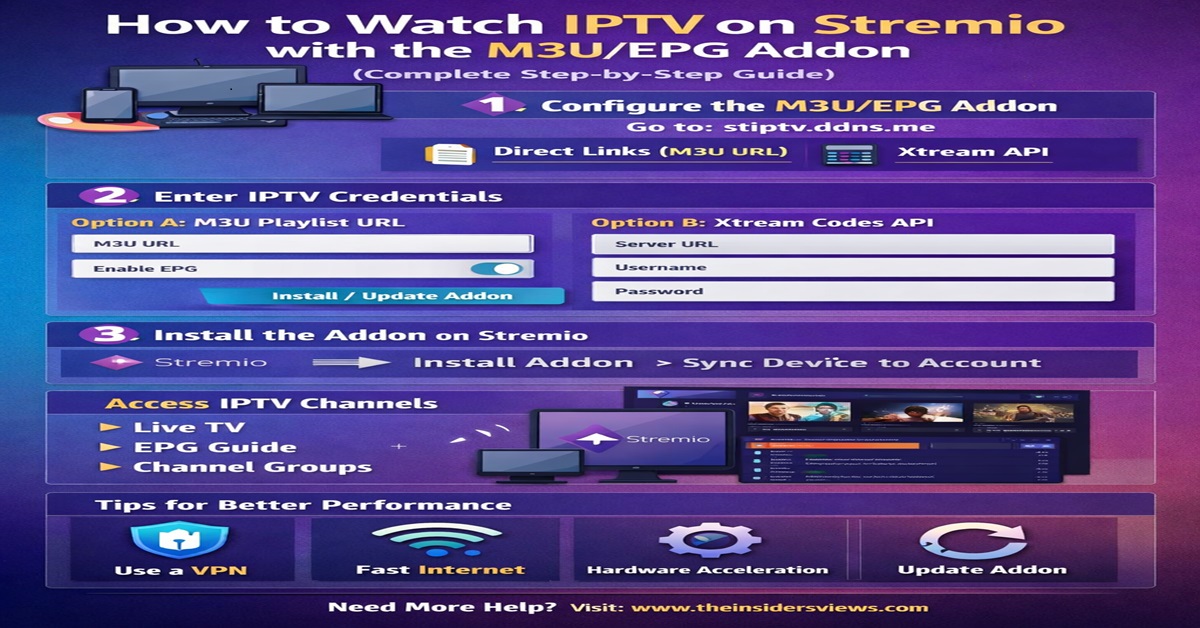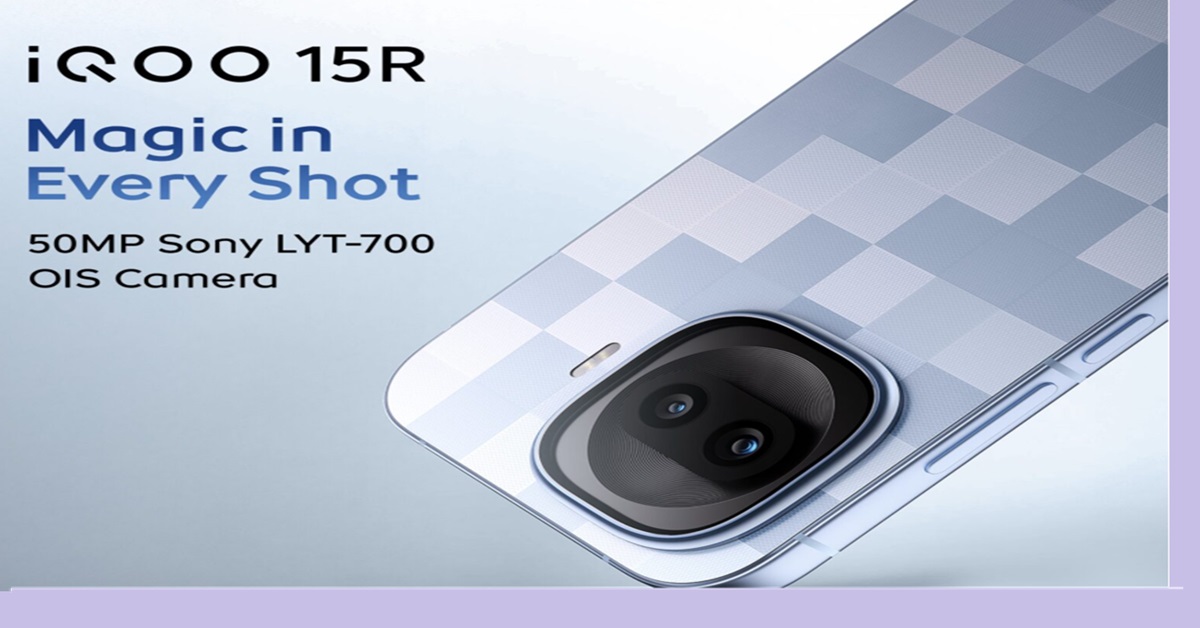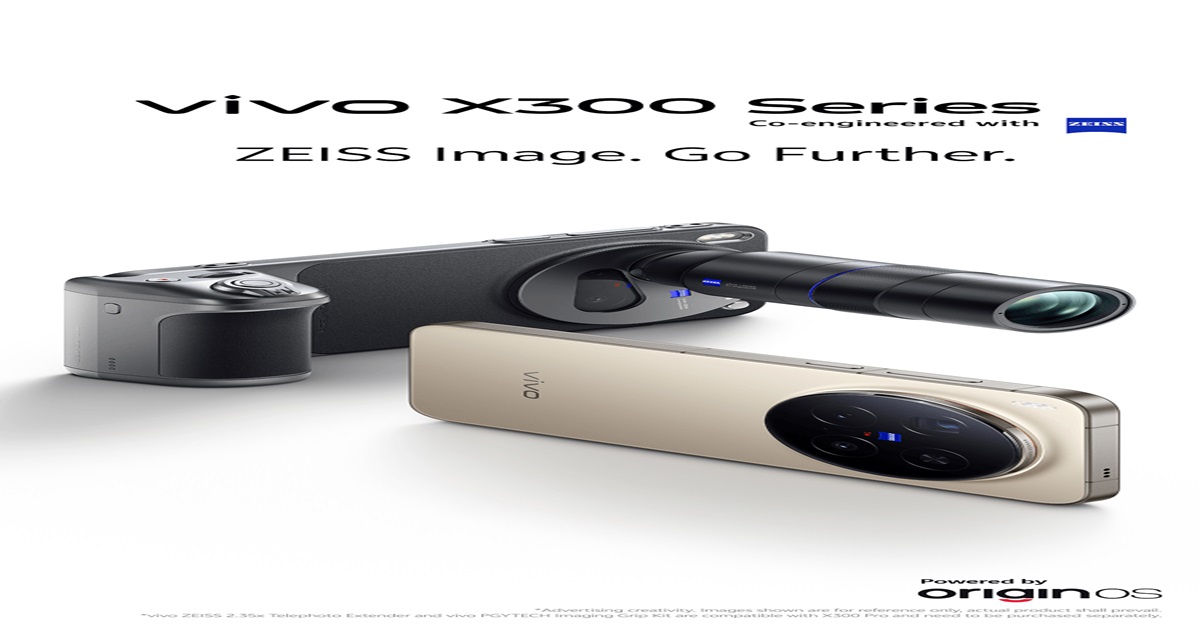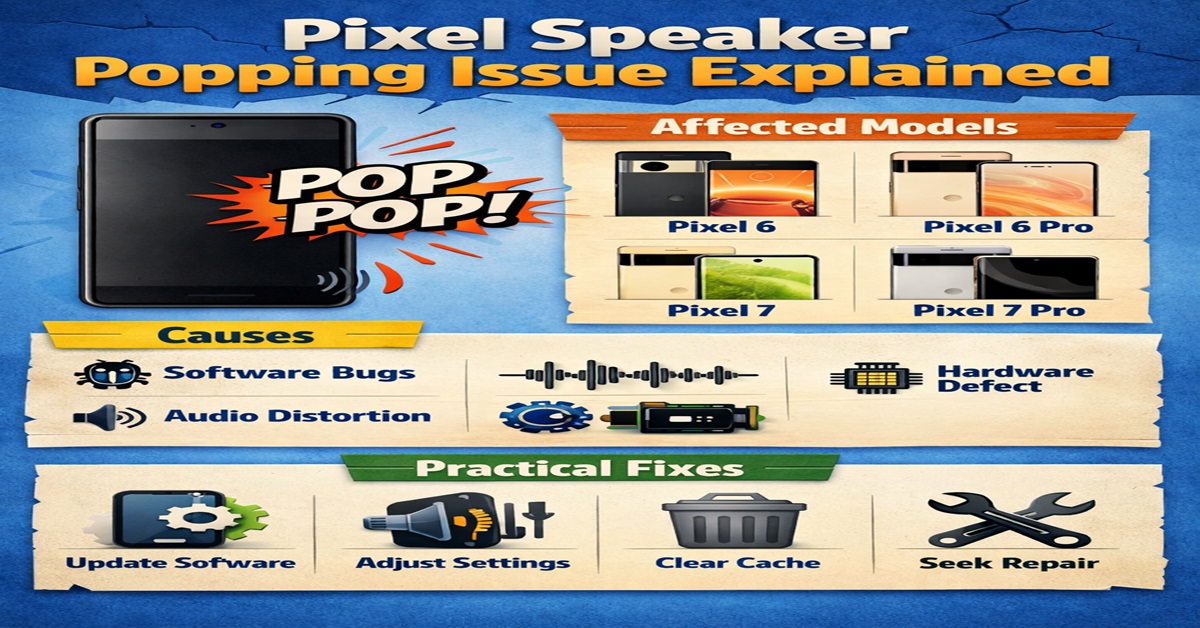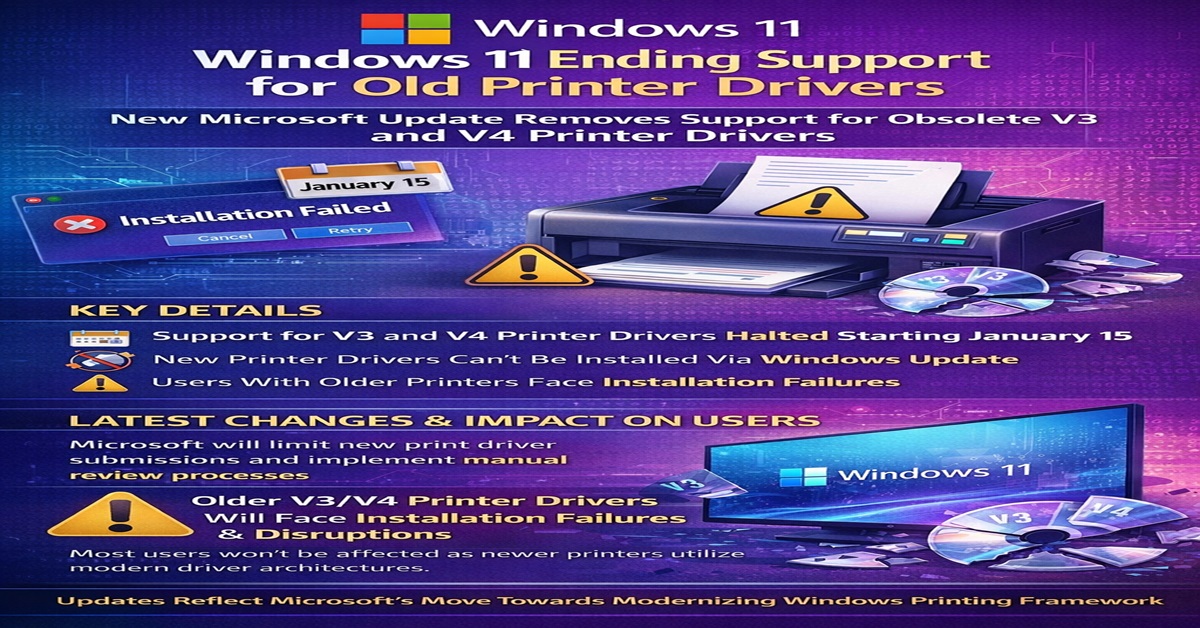Imagine being off-grid, in remote terrains with no cellular or Wi-Fi coverage—but still able to update your solo-traveling family members of your exact location. With Google’s upcoming satellite integration in the Find Hub app, that scenario is becoming a reality.
Rebranded from “Find My Device,” Find Hub is evolving beyond maps and Bluetooth tags—moving into satellite-powered location sharing for people, not just devices. Here’s everything you need to know, in a format that’s easy to read and great for SEO.
1. 🔄 From Find My Device to Find Hub – A Major Shift
Google’s rebranding of Find My Device to Find Hub signals a deeper focus on comprehensive location services—finding devices and loved ones Android Central+1. The updated app now offers Device and People tabs, enabling users to track shared contacts alongside gadgets The VergeAndroid Central. This is what Android’s unified location solution should have always been.
2. 🛰️ Satellite Sharing: What We Know So Far
Recent APK teardown analysis has uncovered code strings hinting at a satellite-based feature for Find Hub Android AuthorityThe Indian Express:
- A one-off “satellite ping” allows users to share location even when offline.
- Pings can be sent once every 15 minutes, with a daily limit for practical usage.
- Users receive explicit warnings: “You’re offline—connect to satellite to…”
This isn’t continuous tracking—it’s intentional, intermittent updates designed for safety when there’s no network available Android AuthorityThe Indian Express.
3. ⏱️ How Often You Can Ping?
Current strings suggest:
- Manual updates, not background location streaming.
- A cap on daily pings, with clear notifications like: “You have X of Y updates left” Android Authority.
While the exact limit is unknown, it appears tailored to manage satellite bandwidth, keeping the feature practical and functional.
4. 🚨 It’s Not a Replacement for Emergency SOS
Google clarifies that the satellite location ping is not a substitute for contacting emergency services Android AuthorityThe Indian Express. For real emergencies, Android already supports Satellite SOS on certain Pixel devices—offering free emergency messaging for up to two years The VergeThe Sun.
5. ✅ Why This Matters: Benefits for Users
Here’s why this feature is a game-changer:
- Peace of mind — Share location even in remote locations like mountains or deserts.
- Safety backup — For offline adventurers and field workers in no-signal zones.
- Planned updates — Reduces battery drain and privacy concerns compared to constant tracking.
6. 📱 What Android Devices Will Support This?
Right now, Google hasn’t announced compatibility specifics. However:
- Existing devices with Satellite SOS (e.g. Pixel 9) will likely be supported The VergeThe Sun.
- Wider support may follow—though limited to devices with required hardware (satellite modem) The SunThe Verge.
Expect broader rollout through Android 16 updates and future Pixel phones.
7. 🛠️ How to Use Anticipated Features in Find Hub
Based on current findings, here’s how it might work:
- Open Find Hub and head to People.
- Tap a contact’s name.
- If offline, an option to “Connect to satellite to send location update” appears.
- Tap to initiate a satellite ping.
- Get confirmation: “Location updated over satellite.”
- The app shows remaining pings and cooldown time.
Of course, exact UI and wording may vary when Google ships an official release.
8. 👪 Privacy & Consent Controls
Google continues prioritizing user choice and privacy:
- Location sharing requires explicit consent.
- Users control who can request/request location.
- New “Request location” feature helps ask contacts to share their location—without violating privacy Android Authority.
Everything is encrypted, and users decide with whom and when they share.
9. 📅 When Is It Coming?
Timeline as of August 2025:
- The app code hints that satellite features are in development, expected in a future update—possibly later this year The VergeAndroid Central.
- Google I/O and the next Made by Google event are likely launch phases.
- Check for Find Hub v3.1.399+ and Android 16 updates.
Make sure your Play Services and Android OS are updated to stay ready.
10. 🚀 What This Means for Android Users
Satellite pings in Find Hub could redefine offline safety:
| Feature | Benefit |
|---|---|
| Offline pings | Share location in no-signal zones |
| Cool-down notifications | Prevent misuse or battery drain |
| One-time pings | Maintain privacy with limited updates |
| Emergency SOS | Separately available on Pixel devices |
This positions Android closer to Apple’s Find My capabilities, bridging the gap in peace of mind and feature parity Android CentralThe Verge.
Final Thoughts
Google’s satellite-powered location-sharing in Find Hub is a thoughtful response to a real-world need—especially for adventurers, remote workers, and safety-conscious families. With manual pings, sensible limits, and strong privacy control, this feature seems set to deliver safety without sacrifice.
As someone who often ventures off-grid, I personally can’t wait to hit “Connect” and dispatch a satellite location ping—no signal, no stress. Stay tuned for the official rollout and make sure your Pixel or compatible device is prepared.
